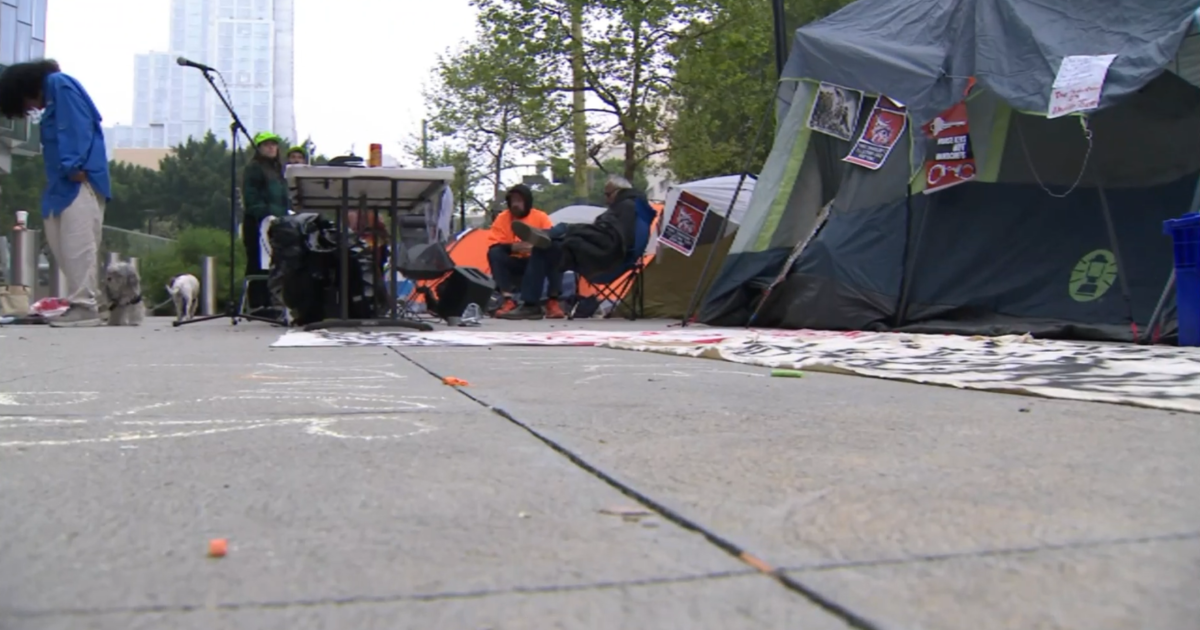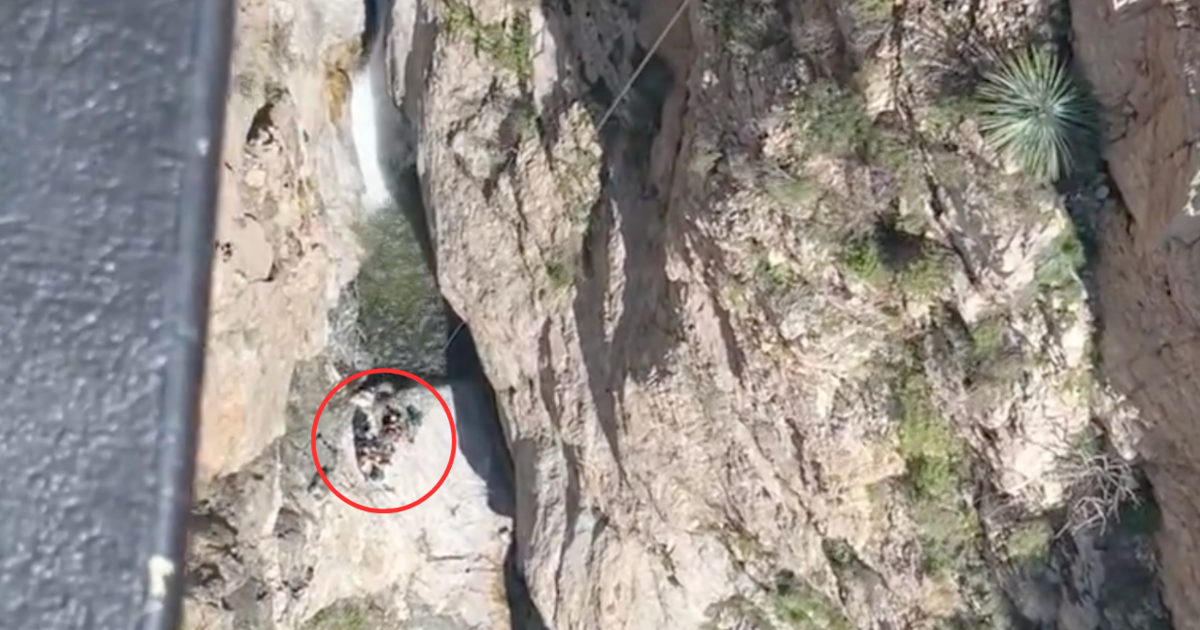UCLA: Research Could Hold Key To Treatments For Osteoporosis
LOS ANGELES (CBSLA) — Researchers from the University of California, Los Angeles School of Dentistry announced Wednesday that they have come one step closer to understanding the complex biological mechanisms that lead to osteoporosis, the bone disease that affects some 200 million people throughout the world.
Researchers found that when an epigenetic factor called KDM4B is absent from mesenchymal stem cells, or cells in the bone marrow, the cells are far more likely to differentiate into fat cells than bone cells, resulting in an unhealthy imbalance that worsens skeletal aging and leads over time to brittle bones and fractures.
Researchers said the findings from their study in mice, published online in the journal Cell Stem Cell, could hold an important key to developing more effective treatments for osteoporosis and improving the lives of an aging population.
"We know that bone loss comes with age, but the mechanisms behind extreme cases such as osteoporosis have, up until recently, been very vague," said Dr. Cun-Yu Wang, the study's corresponding author and the Dr. No-Hee Park Professor of Dentistry at U.C.L.A.
"In this study, we built on more than seven years of research managed by my postdoctoral scholar and lead author Dr. Peng Deng in the hope that we can eventually prevent skeletal aging and osteoporosis," Wang said.
The findings hold promise for the eventual development of strategies to reverse bone-fat imbalance, along with new prevention and treatment methods that address skeletal aging and osteoporosis by rejuvenating adult stem cells, according to researchers.
"The work of Dr. Wang, his lab members, and collaborators provide new molecular insight into the changes associated with skeletal aging," said Dr. Paul Krebsbach, dean of the U.C.L.A. School of Dentistry. "These findings are an important step towards what may lead to more effective treatment for the millions of people who suffer from bone loss and osteoporosis."
The work was supported by grants from the National Institute of Dental and Craniofacial Research, the U.C.L.A. Clinical and Translational Science Institute, and the Hsien Family Foundation charitable funds.
(© Copyright 2020 CBS Broadcasting Inc. All Rights Reserved. City News Service contributed to this report.)



